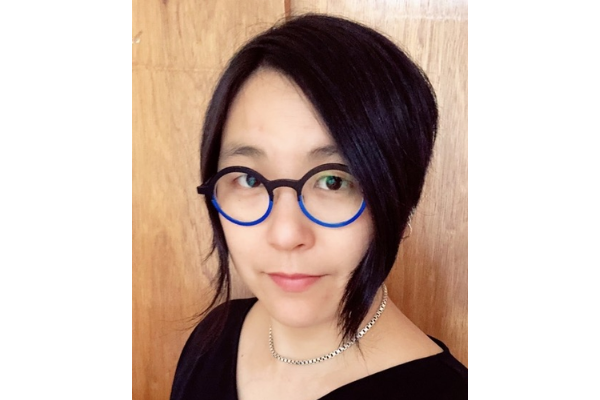
The Institute for Korean Studies presents:
"Minor Concentrations: Aesthetic Particularity in Contemporary 'Korean' Literatures"
Jenny Wang Medina
Emory University
Abstract: While “K-“ has become a signifier for Global Korea in the 21st century, it can refer to a Korean culture that calls on many complex subjectivities in and outside the geographic space of the Korean Peninsula. The concept “Korea” has strong affective meaning for self-identified diasporic Koreans in the margins of a number of multicultural societies around the world. Calling something Korean, whether as “K-“ or “Korean-“, is also influenced by the minority discourse of U.S. racial politics, which has been complicated by the visibility of South Korea’s cultural exports. The insistence on a unifying “K-“ that encompasses many different versions of Korean culture from the diaspora and from the divided peninsula, however, can be seen as an imperializing gesture that attempts to depoliticize national culture in the service of neoliberal subjectivity for the bourgeois transnational class. In this presentation, I would like to discuss the aesthetics of particularity in Korean-American literature (as a subset of Global Anglophone Literature) and Korean literature as ethnic minority and minority language literature. Ethnic minority literature and minority languages literatures can be understood as both genres and translations that have the potential to contest the aesthetic norms of “universal” World Literature that are rewarded when properly transmitted, and marginalized as illegible or underdeveloped when not.
Jenny Wang Medina is an Assistant Professor of modern and contemporary Korean Literature, Visual Media, and Culture at Emory University. Her research focuses on questions of national/global cultures, diaspora, multiculturalism, canon formation, and translation in Korean literature, film, and popular culture. Dr. Medina is currently writing a book manuscript based on her doctoral research that examines the reconfiguration of Korean culture in South Korea and abroad from a “traditional” culture in a developmental state to a dynamic cosmopolitan culture with distinction at the turn of the 21st century through literature, film, and food media.
